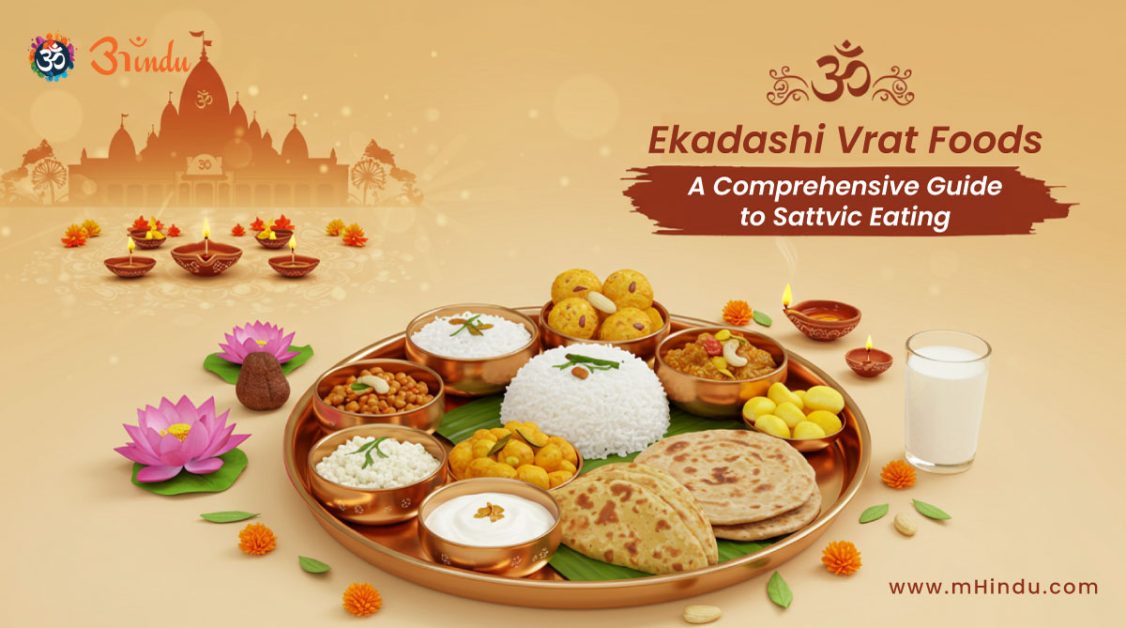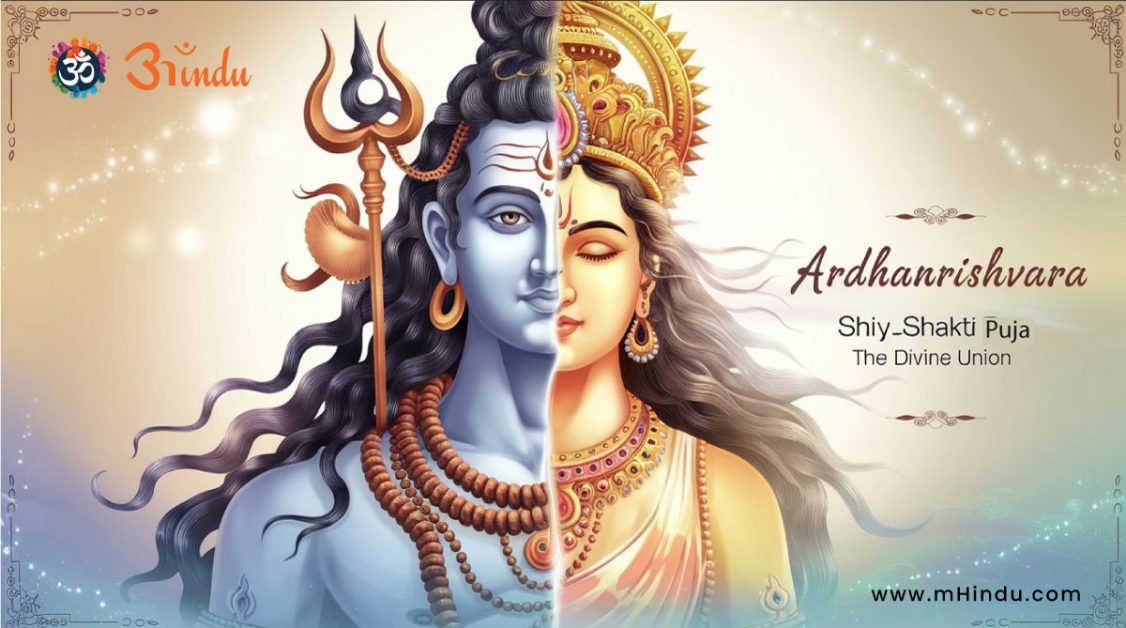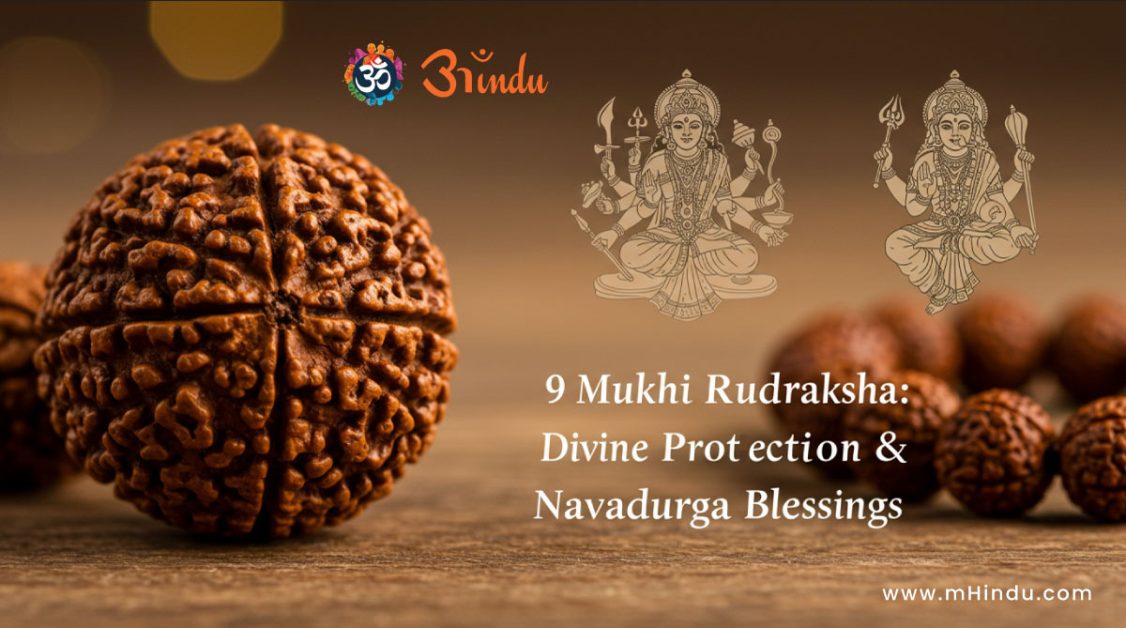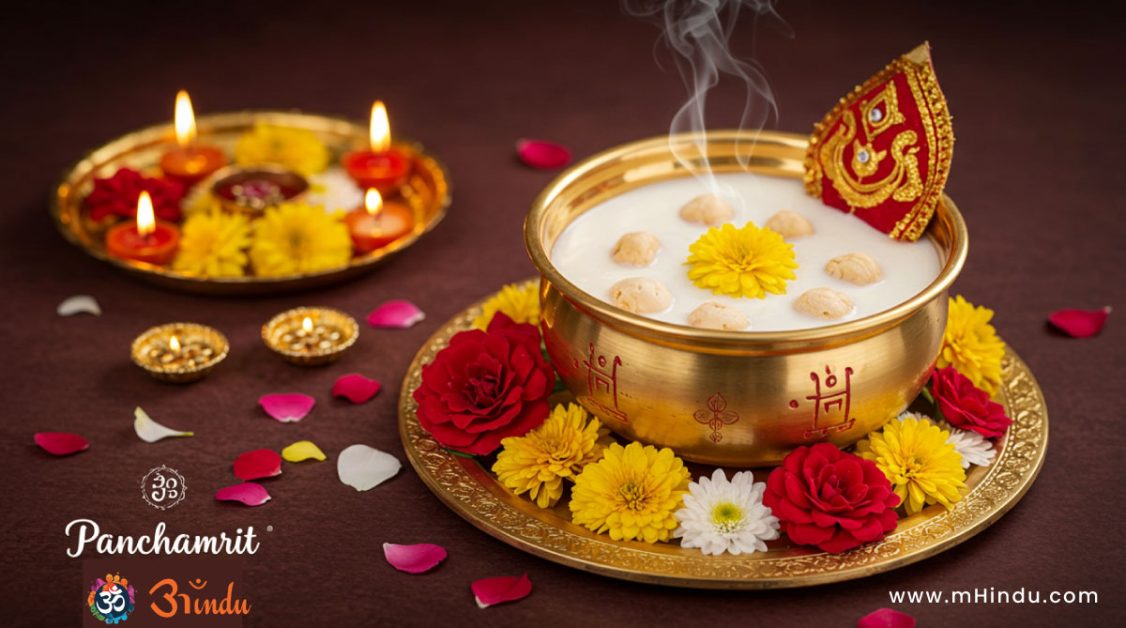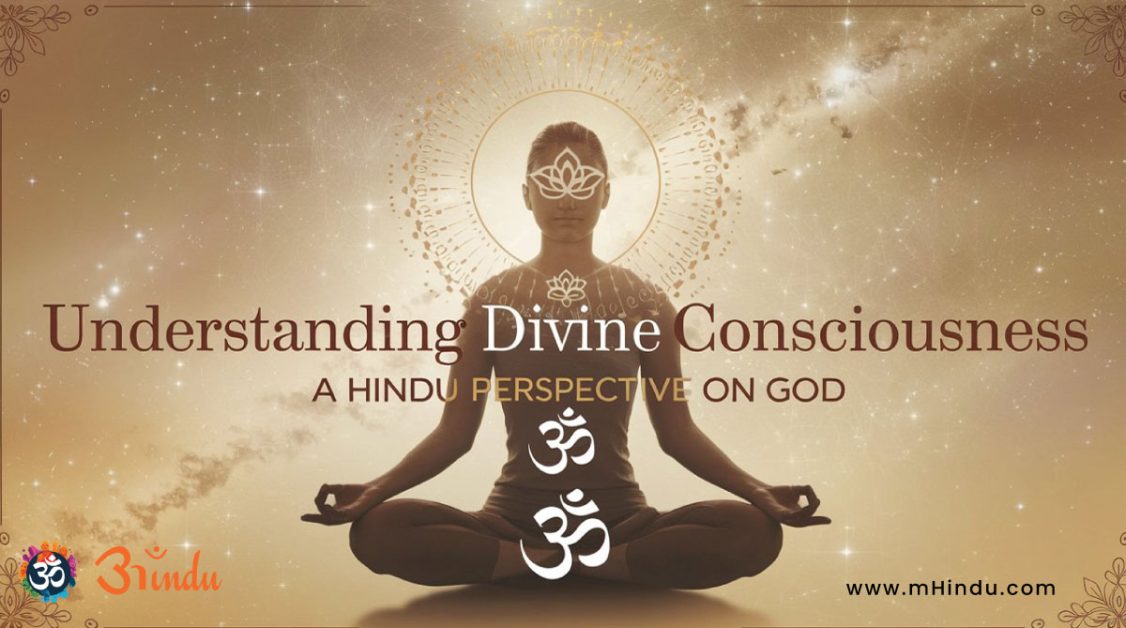
In the tapestry of Sanatan Dharma, the concept of divine consciousness permeates every aspect of existence, from the smallest atom to the vast cosmos. It’s a pursuit as old as the Himalayas, a quest to understand the very essence of divinity. Today, we delve into a perspective that transcends traditional interpretations, exploring how the construction of good thoughts and a refined temperament shapes our understanding of God. For the Hindu mind, the journey toward understanding divine consciousness is not merely an intellectual exercise but a spiritual pilgrimage, a continuous effort to align our inner selves with the universal truth. This blog aims to illuminate this path, offering insights that resonate with the heart and mind.
Explore Blog Content
ToggleThe Foundation: Building a Temple of Thought
The traditional view of God as the supreme creator, sustainer, and destroyer, while profound, often leaves us with more questions than answers. The mysteries of His actions, the paradoxes of existence, and the sheer scale of the universe can overwhelm our finite minds. However, within the framework of Hindu philosophy, a different approach emerges. God, or the divine consciousness, can be understood as residing within the very fabric of our thoughts.
- The Power of Sattva: In the Bhagavad Gita, Lord Krishna speaks of the three gunas: sattva, rajas, and tamas. Sattva, representing purity, harmony, and enlightenment, is the key to cultivating a mind that resonates with the divine. By consciously nurturing sattvic thoughts, we create an inner sanctuary where the divine can manifest.
- Dharma and Divine Alignment: Dharma, the righteous path, acts as the blueprint for building this inner temple. By adhering to our dharma, we align our actions with the cosmic order, paving the way for a deeper understanding of divine consciousness.
- Karma and Purification: The law of Karma is a fundamental aspect of the hindu faith. By acting with selfless intent we purify our minds and remove the obstacles that prevent us from experiencing the divine.
Beyond the Creator: The Cosmic Consciousness
Our perception of God as a mystical creator and sustainer, while awe-inspiring, can sometimes feel distant. To truly grasp the essence of divinity, we must expand our understanding to encompass the concept of cosmic consciousness. This perspective acknowledges that God is not merely an external entity but the very essence of existence itself.
- Brahman and the Universal Self: In the Upanishads, Brahman is described as the ultimate reality, the source of all that exists. It is the cosmic consciousness that permeates every atom, every being, and every moment. By recognizing the oneness of Brahman, we transcend the limitations of our individual selves and connect with the infinite.
- Maya and the Illusions of Separation: Maya, the veil of illusion, creates the perception of separation between ourselves and the divine. By dispelling this illusion through knowledge and devotion, we can experience the unity of all existence.
- Yoga and Union with the Divine: Yoga, in its essence, is the practice of uniting the individual self with the universal self. Through asanas, pranayama, and meditation, we can quiet the mind and open ourselves to the experience of cosmic consciousness.
The Role of Devotion (Bhakti) in Understanding God
In the Hindu tradition, devotion, or bhakti, is a powerful path to understanding God. It is through love, surrender, and unwavering faith that we can experience the divine in its purest form.
- The Power of Mantra and Chanting: Mantras and chanting create vibrations that resonate with the divine, purifying the mind and opening the heart. The repetition of sacred sounds, such as “Om Namah Shivaya” or “Hare Krishna,” can transport us to a state of deep devotion.
- Temple Worship and Rituals: Temple worship and rituals provide a tangible connection to the divine. The offering of flowers, incense, and prayers creates an atmosphere of sacredness, fostering a sense of communion with God.
- Stories of the Puranas: The Puranas, filled with stories of gods and goddesses, serve as powerful tools for spiritual education. These narratives, rich in symbolism and wisdom, inspire devotion and offer profound insights into the nature of the divine.
The Human Quest: From Microcosm to Macrocosm
As humans, we are both minuscule and magnificent. Like the tiny ant attempting to understand the vastness of the celestial world, we strive to comprehend the infinite mysteries of God. Our imagination and metaphysical curiosity know no bounds, driving us to explore the depths of spirituality.
- The Journey of Self-Discovery: The path to understanding God begins with self-discovery. By exploring our inner selves, we uncover the divine spark that resides within us.
- The Importance of Guru and Guidance: A guru, or spiritual teacher, can provide invaluable guidance on the path to enlightenment. Their wisdom and experience can help us navigate the complexities of spiritual practice.
- The Integration of Science and Spirituality: In the modern age, there is a growing recognition of the interconnectedness of science and spirituality. By integrating scientific insights with spiritual wisdom, we can gain a more holistic understanding of the universe and our place within it.
How Can I Experience Divine Consciousness in My Daily Life?
This is a question many seekers ask. The answer lies in integrating spiritual practices into our daily routines. By practicing mindfulness, cultivating sattvic thoughts, and engaging in acts of selfless service, you can create a space for divine consciousness to manifest in your daily life. Simple acts, like offering food with gratitude, or performing your work as an offering to the divine, can transform ordinary moments into spiritual experiences.
What is the Role of Karma in Understanding God?
Karma plays a crucial role in shaping our understanding of God by purifying our minds and removing the obstacles that prevent us from experiencing the divine. Each action we perform creates a ripple effect, shaping our future experiences. By acting with selfless intent and cultivating compassion, we can purify our karmic imprints and open ourselves to a deeper understanding of the divine.
How Does Yoga Help in Connecting with the Divine?
Yoga, in its essence, is the practice of uniting the individual self with the universal self. It helps in connecting with the divine by quieting the mind, purifying the body, and opening the heart to the experience of cosmic consciousness. Through asanas, pranayama, and meditation, we can transcend the limitations of our ego and experience the oneness of all existence.
What Are the Key Principles of Sanatan Dharma That Help in Understanding God?
The key principles include Dharma, Karma, Bhakti, and the understanding of Brahman. These principles guide one on the path to spiritual awakening. Dharma provides the framework for righteous living, karma teaches us about cause and effect, bhakti fosters devotion, and the understanding of Brahman reveals the ultimate reality. By embracing these principles, we can deepen our understanding of divine consciousness.
Conclusion (Summary & Takeaways)
The journey to understanding divine consciousness is a lifelong pursuit, a continuous process of self-discovery and spiritual growth. By building a temple of thought, embracing cosmic consciousness, and cultivating devotion, we can deepen our connection with the divine. Let us strive to live in accordance with dharma, cultivate inner peace, and contribute to cosmic harmony. Remember, the divine resides within each of us, waiting to be awakened.
FAQs
Q: What is the significance of “Om” in Hinduism?
“Om” is considered the primordial sound, the vibration from which the universe originated. It represents Brahman, the ultimate reality, and is used as a sacred mantra in meditation and rituals, helping to connect with divine consciousness.
Q: How can I practice bhakti yoga in my daily life?
Bhakti yoga can be practiced through chanting mantras, offering prayers, participating in temple rituals, and cultivating a sense of love and devotion towards God in all your actions.
Q: What is the concept of reincarnation in Sanatan Dharma?
Reincarnation, or punarjanma, is the belief that the soul transmigrates from one body to another after death, based on the accumulated karma of previous lives, until it achieves moksha, liberation from the cycle of birth and death.
Q: How does meditation help in spiritual growth?
Meditation quiets the mind, reduces stress, and allows for deeper introspection. It helps to cultivate mindfulness, clarity, and a deeper connection with the inner self, facilitating spiritual growth.
Q: What is the importance of a Guru in Hinduism?
A Guru is a spiritual teacher who provides guidance, wisdom, and support on the path to enlightenment. They help to dispel ignorance, clarify doubts, and facilitate the disciple’s spiritual journey.
Q: How can I integrate the teachings of the Bhagavad Gita into my daily life?
The Bhagavad Gita offers practical guidance on living a dharmic life. By focusing on selfless action (nishkam karma), cultivating equanimity, and surrendering to the divine, you can apply its teachings to your daily actions and decisions.
Q: What is the significance of temple visits in Hinduism?
Temple visits provide a sacred space for devotees to connect with the divine. The rituals, prayers, and atmosphere in temples create an environment conducive to spiritual reflection, devotion, and communion with God.
Q: How does understanding the concept of Maya help in spiritual practice?
Understanding Maya, the illusion of separateness, helps in spiritual practice by reminding us that the material world is transient and that true reality lies in the divine. This understanding encourages detachment from worldly attachments and focuses on spiritual growth.


